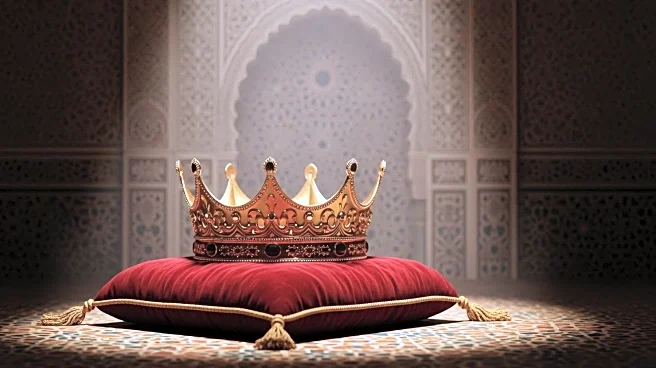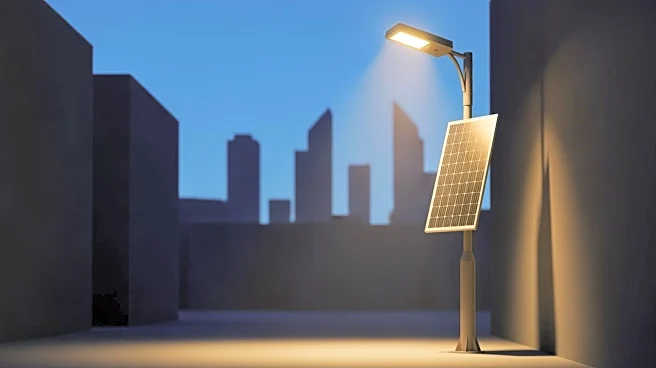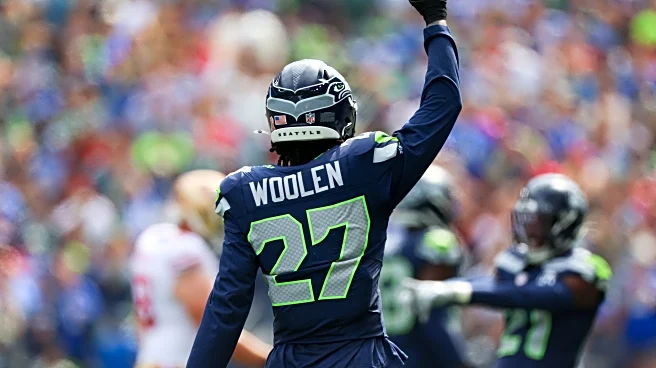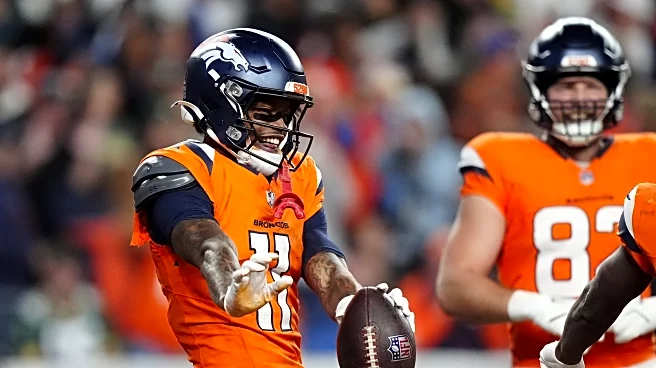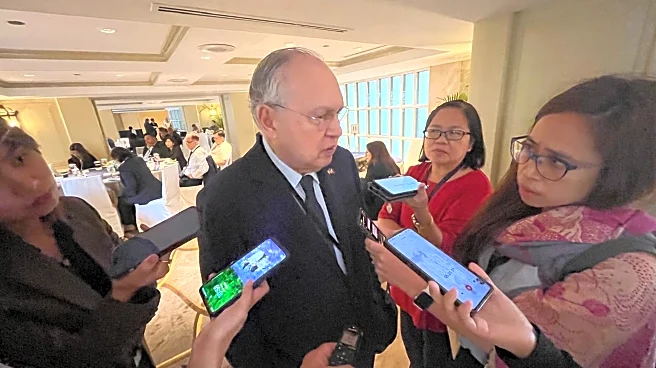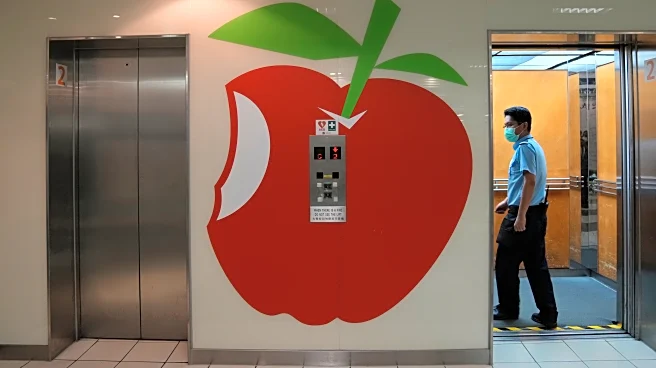What is the story about?
What's Happening?
King Mohammed VI of Morocco delivered a speech urging elected officials to address social injustices, echoing concerns raised by Gen Z protesters. The protests, led by the Gen Z 212 collective, have been ongoing for two weeks, demanding better public services and increased spending on health and education. The King emphasized the importance of social justice as a strategic direction for development policies. However, he did not directly address the protesters' demands for the resignation of Prime Minister Aziz Akhannouch or new corruption investigations. The speech was anticipated following a direct appeal from the protesters to the King.
Why It's Important?
The King's speech highlights the growing discontent among Morocco's youth regarding economic disparities and inadequate public services. The protests reflect broader frustrations with the government's handling of social issues, which could lead to increased political pressure for reforms. The situation underscores the challenges faced by Morocco in balancing major national projects with social programs. The King's call for action may prompt lawmakers to prioritize addressing these grievances, potentially leading to policy changes that improve living conditions and reduce inequality.
What's Next?
The Gen Z 212 collective has sharpened their demands, urging officials to hire more health workers and increase spending on public services. The King's speech may influence parliamentary discussions and decisions regarding these issues. As protests continue, the government may face mounting pressure to implement reforms and address the protesters' concerns. The situation could lead to further clashes between demonstrators and security forces, as seen in recent protests. The government's response will be crucial in determining the future trajectory of these social movements.
Beyond the Headlines
The protests and the King's speech highlight the tension between Morocco's development goals and the need for social equity. The focus on regional inequalities and rural poverty reflects deeper systemic issues that have long affected the country's progress. The situation raises questions about the effectiveness of Morocco's governance and the role of the monarchy in addressing public grievances. The protests may also influence future political dynamics, as younger generations demand more accountability and transparency from their leaders.
